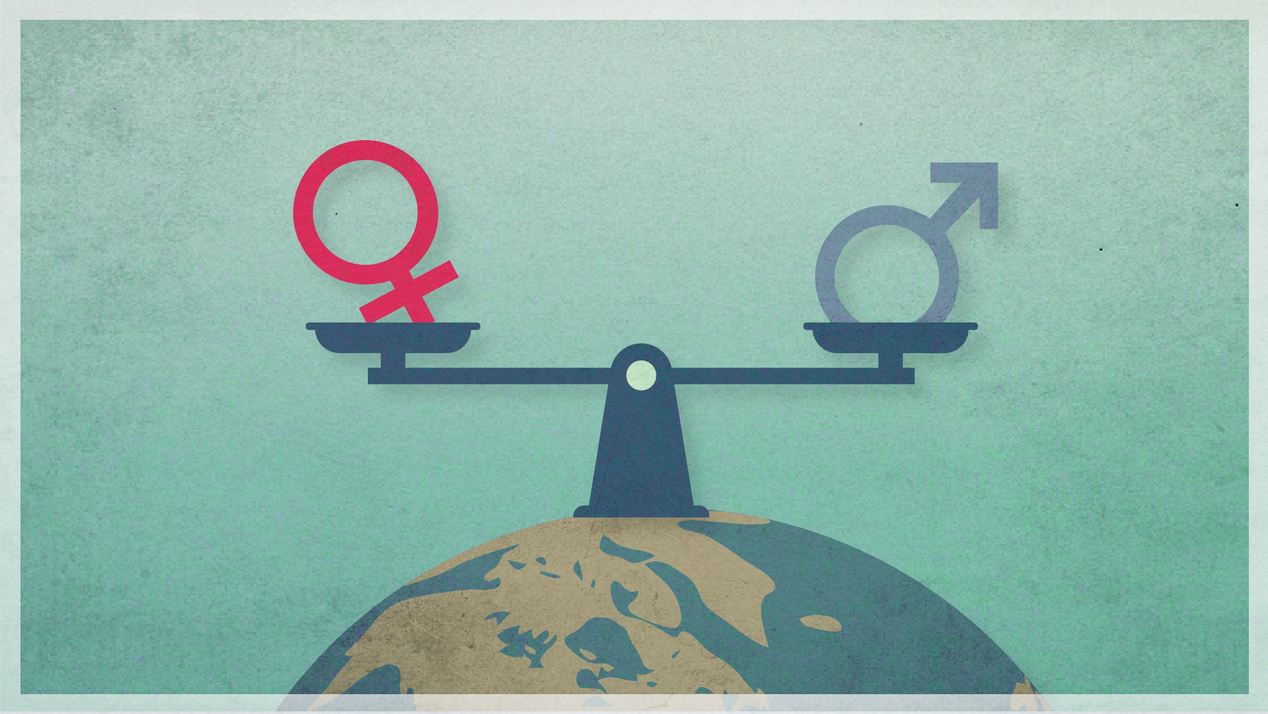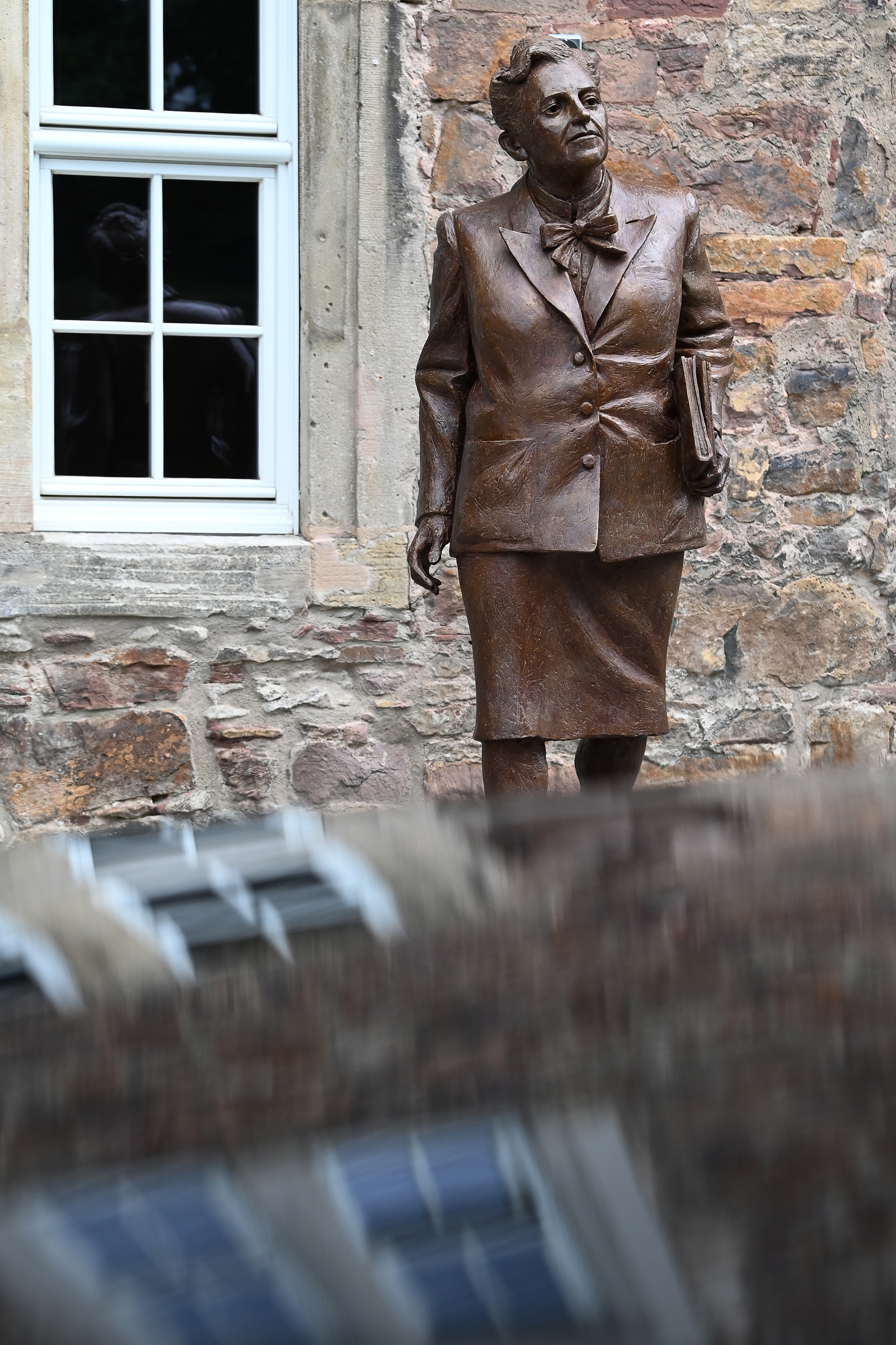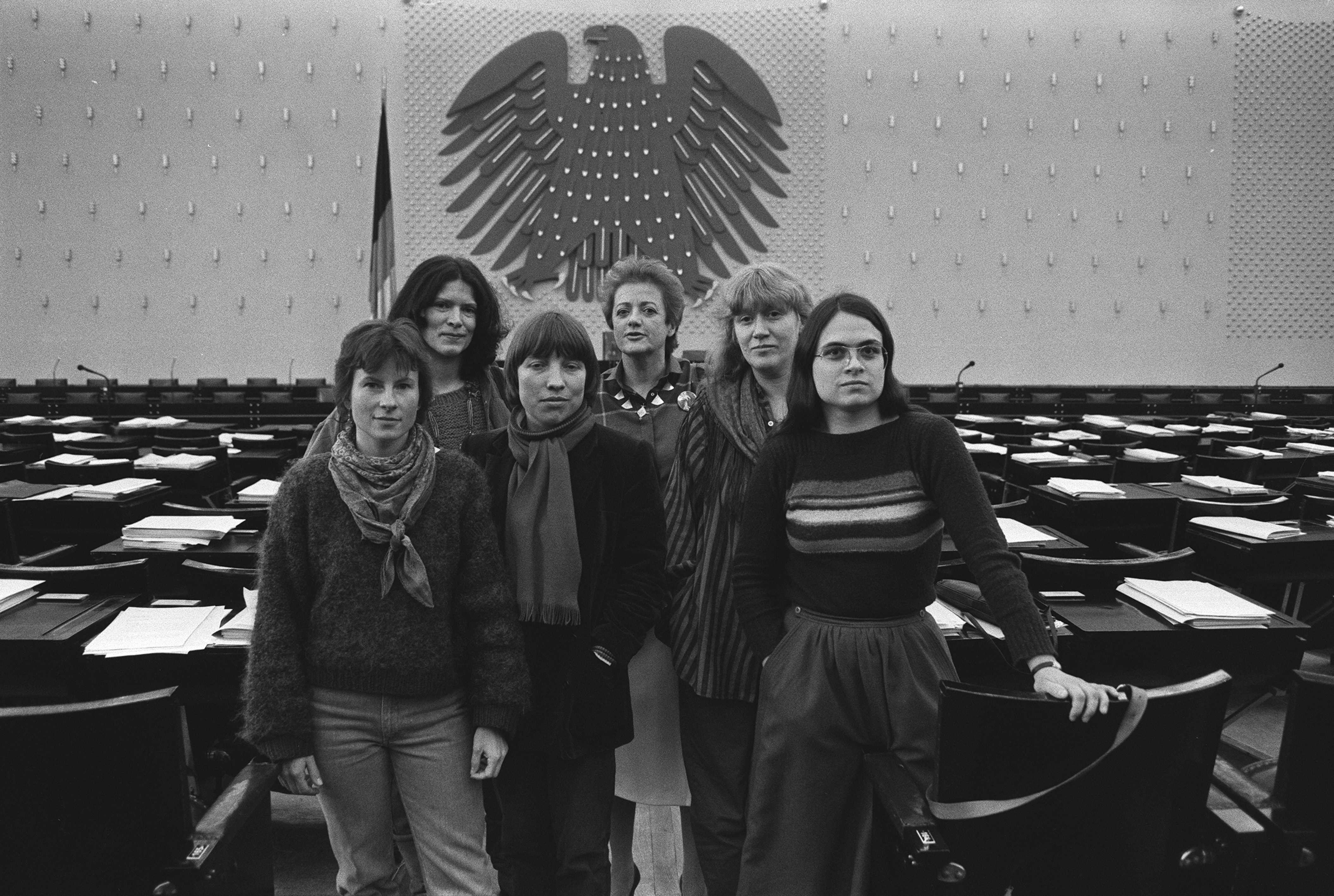The interview was conducted by Juliane Pfordte
ifa (Institut für Auslandsbeziehungen): Ms. Nickels, you are a protagonist in the documentary “Die Unbeugsamen” [The Indomitable ], which was filmed in 2021. This film portrays courageous women like yourself who fought in the Bonn Republic for political equality and recognition. Would you describe yourself as “indomitable”?
Christa Nickels: Well, that depends. If we’re talking about fundamental issues, where real life, the heart and the head say, ‘Here I stand and I will not stand aside’, then I am definitely indomitable. But if you are always indomitable, then you are stubborn. I am perfectly capable of bending in order to achieve something, but I remain true to myself.
This steadfastness was necessary in order to make yourself heard as a woman in the German Bundestag in the 1980s. The archive recordings in the film show how obviously and blatantly female Members of Parliament were insulted, despised and sexually discriminated against. How did you deal with this on a personal level?
Nickels: When we founded our Green Party, we were slammed by the other parties every single day. We were used to being assertive, especially through the women’s movement, which was one of our founding trends. Whatever topic we tackled or whatever facts we presented, nothing was taken seriously. I’d like to give you a very drastic example: during my time as a member of the Committee on Legal Affairs, I was the only woman. When I brought up the subject of marital rape there, which was still exempt from punishment at that time, a colleague who had hidden behind his BILD newspaper for hours said that I should take my Valium and seek psychiatric treatment. And the Chairman of the Committee said not a word to this comment! Offensive language and protests on women’s policy issues from our male colleagues were our way of life, even in the plenary assembly. Nevertheless, I chose a path for myself: never to attack the person themself, but always to argue strongly and uncompromisingly on the merits of the case. A dispute fought with strong arguments leads, at best, to progress on both sides.
![Christa Nickels at the premiere of the documentary “Die Unbeugsamen” [The Indomitable] in Berlin, 2021, photo: Jörg Carstensen / dpaPOOL via picture alliance Portrait of Christa Nickelson at the premiere of the documentary film "Die Unbeugsamen".](/fileadmin/_processed_/d/3/csm_ifa-forum_christa-nickels_dieunbeugsamen_JoergCarstensen_dpaPOOL_picturealliance_252218135_b822543466.jpg)






